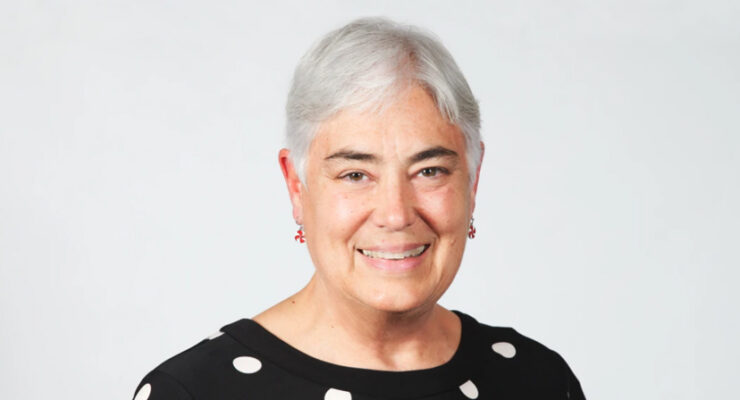
Alexander Varshavsky, Caltech’s Howard and Gwen Laurie Smits Professor of Cell Biology, has been awarded the 2012 King Faisal International Prize (KFIP) for Science. The winners of the prize, which also includes awards for medicine, Arabic language and literature, Islamic studies, and service to Islam, were announced in Riyadh, Saudi Arabia, on January 16.
Presented by the King Faisal Foundation, the prize seeks to honor “scholars and scientists who have made significant contributions and advances in areas that benefit developing and Islamic countries, and humanity at large.” According to the organization, many winners of the KFIP have gone on to win Nobel prizes for their work.
Varshavsky was recognized for his groundbreaking work in cell biology, including advances that have “created a new realm of biology and have been essential for progress in research on human cancer, neurodegeneration, immune responses, and other fundamental biological processes.”
His main recognized contribution was the fundamental discovery, in the 1980s, of biological regulation by intracellular protein degradation and its central importance in cellular physiology. This discovery by the Varshavsky laboratory involved the understanding, through genetic and biochemical insights, of the biological functions of the ubiquitin system, a major proteolytic circuit in living cells. Ubiquitin is a small protein that is present in cells either as a free protein or as a part of complexes with many other proteins. The association of ubiquitin with cellular proteins marks them for degradation or other metabolic fates. Through its ability to destroy specific proteins, the ubiquitin system plays a major role in cell growth and differentiation, DNA repair, regulation of gene expression, and many other biological processes.
“Alex has been a true pioneer in cell biology and this well-deserved award is further recognition of the significance of his work and its broad impact across the biological sciences,” says Stephen Mayo, Bren Professor of Biology and Chemistry and chair of the Division of Biology.
Varshavsky is a member of the National Academy of Sciences, the American Academy of Arts and Sciences, the American Philosophical Society, and the Academia Europaea. He has received many international prizes in biology and medicine, including the 2011 Otto Warburg Prize (Germany); the 2008 Gotham Prize in Cancer Research; the 2006 Gagna Prize (Belgium); the 2006 Griffuel Prize (France); the 2005 Stein and Moore Award; the 2001 Horwitz Prize; the 2001 Merck Award; the 2001 Wolf Prize in Medicine (Israel); the 2000 Lasker Award in Basic Medical Research; and the 1999 Gairdner International Award (Canada).
Nominations for the KFIP are accepted from organizations and universities throughout the world, and winners are selected through peer review and a committee of experts in the given field. A total of 47 scholars from 11 different countries have won the prize for science, which was first awarded in 1984. The winners will receive their awards, which include a cash prize of 750,000 Saudi riyals ($200,000), in March during a special ceremony held in Riyadh under the auspices of the king of Saudi Arabia.













 0 comments
0 comments


